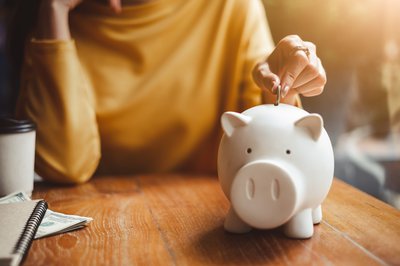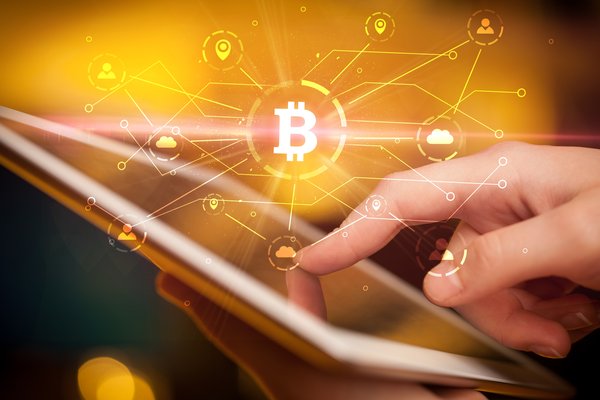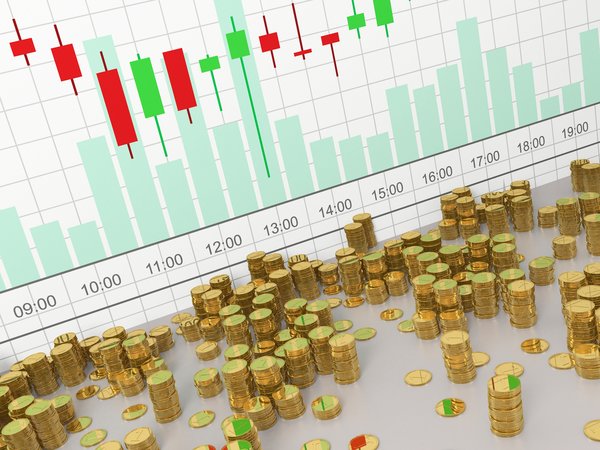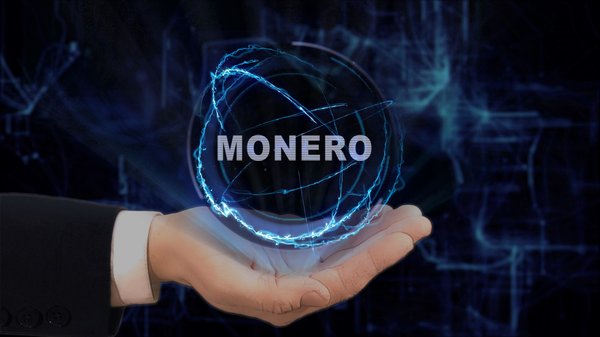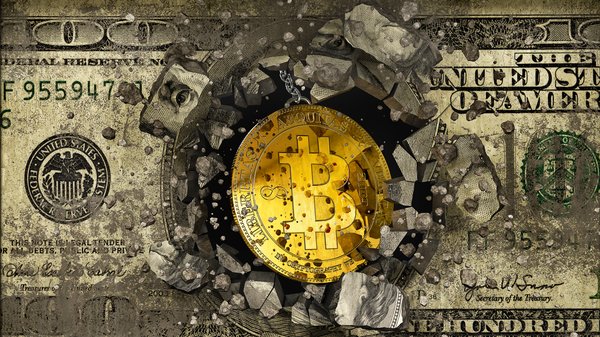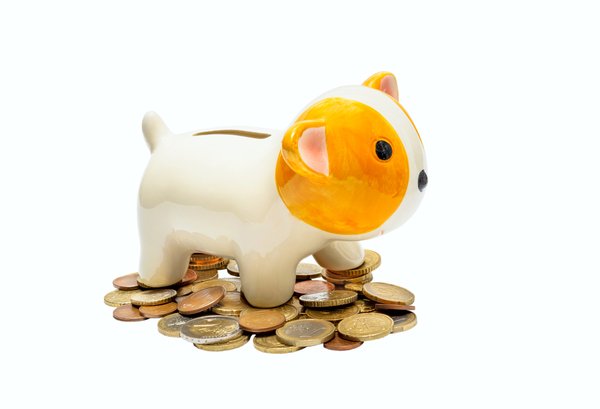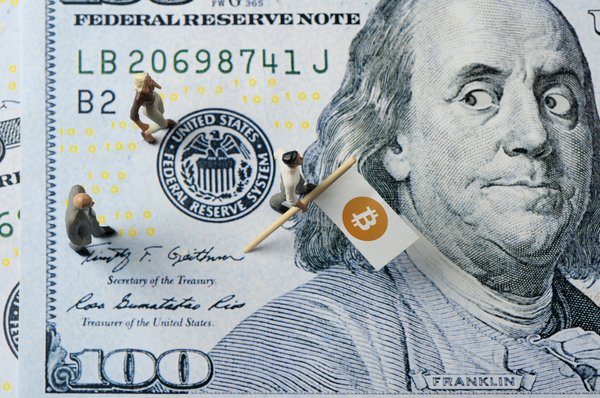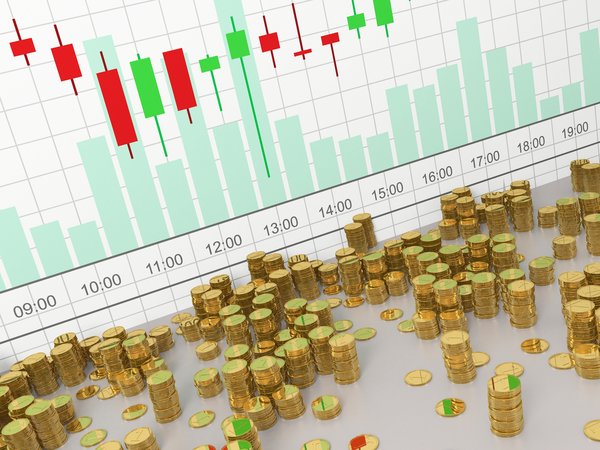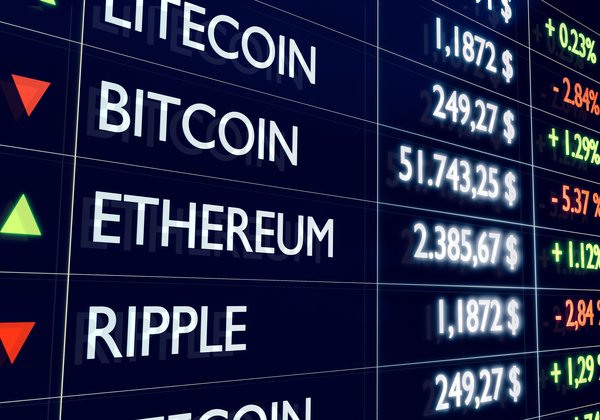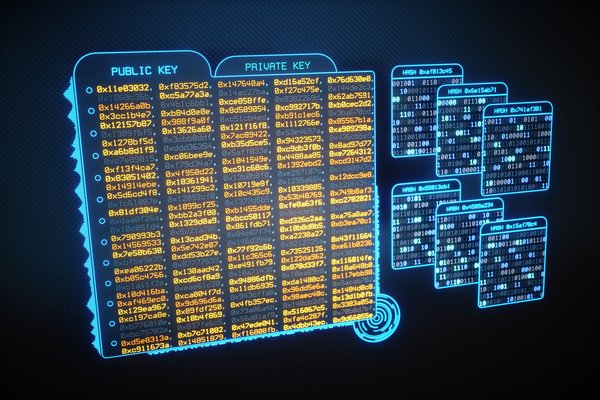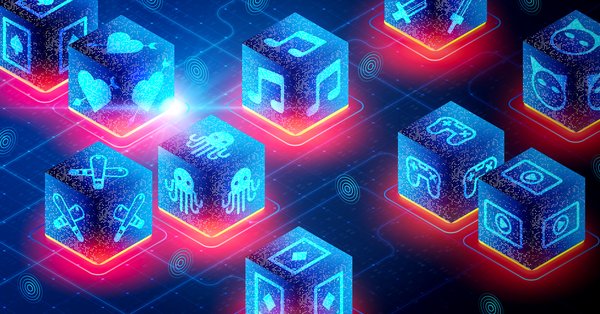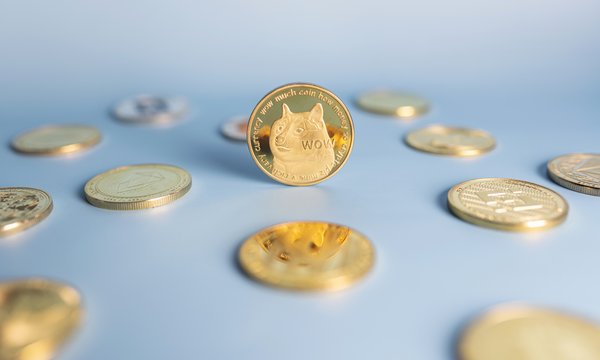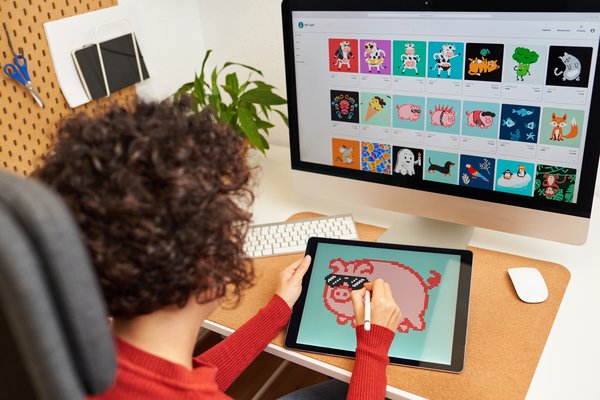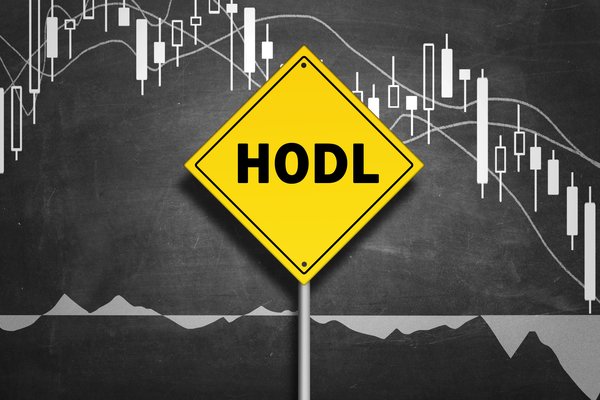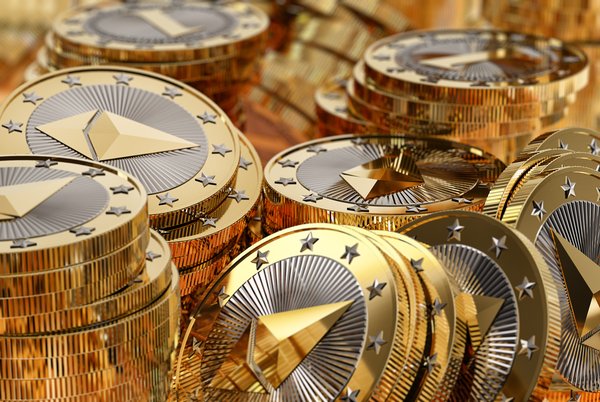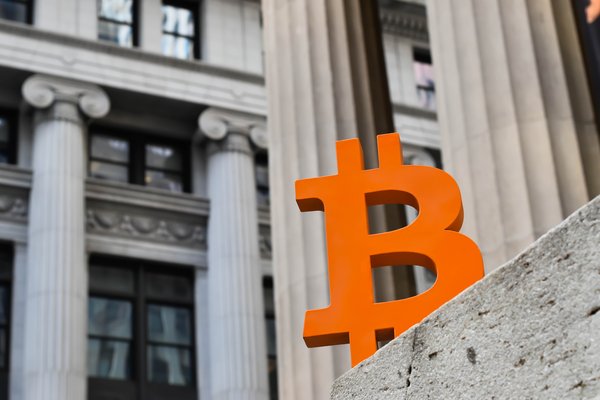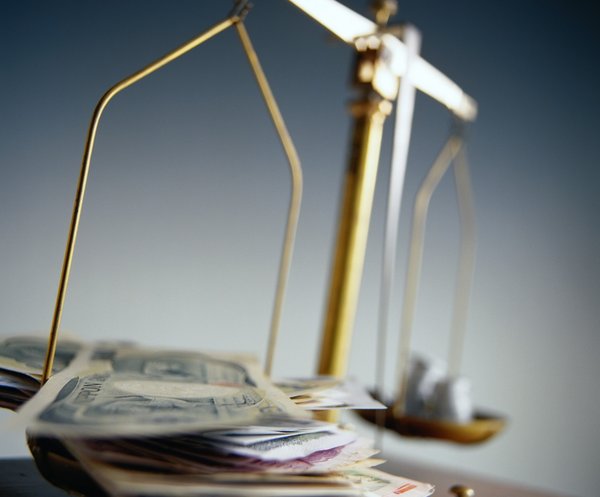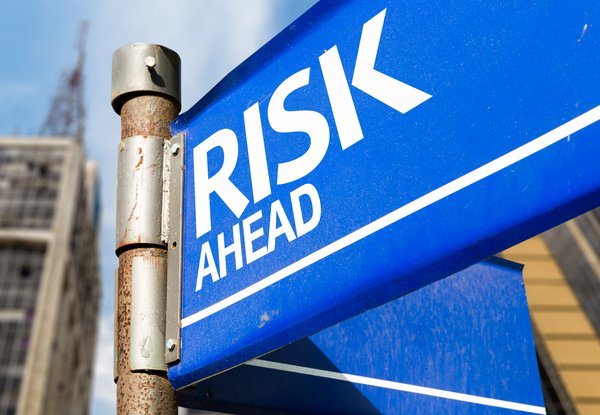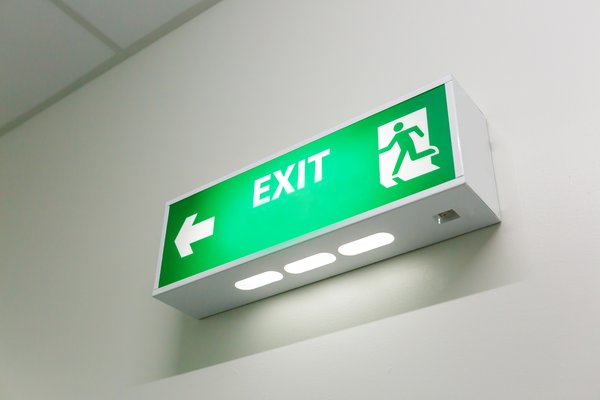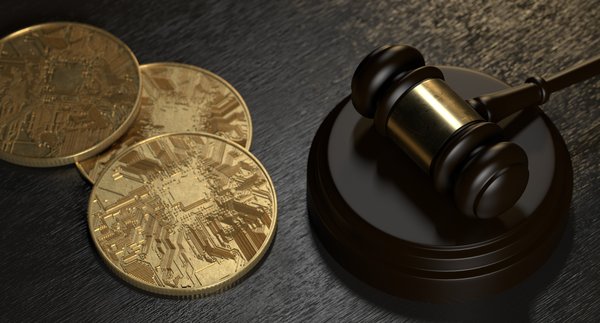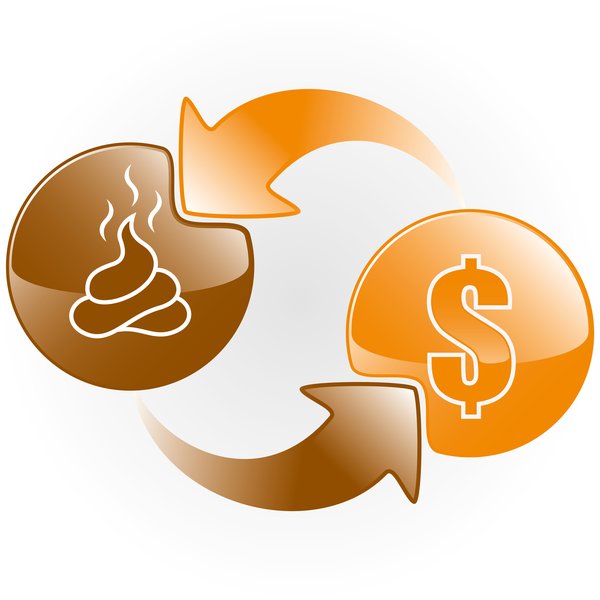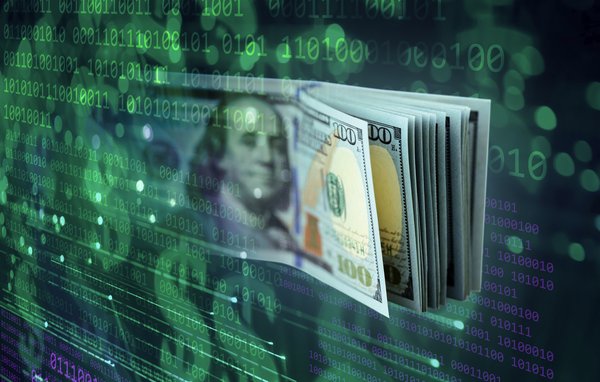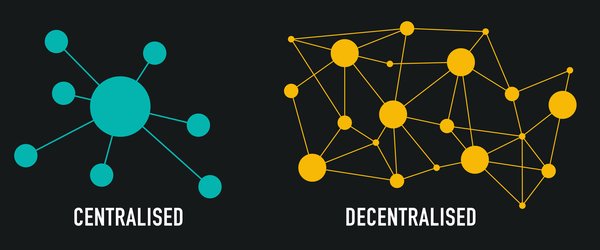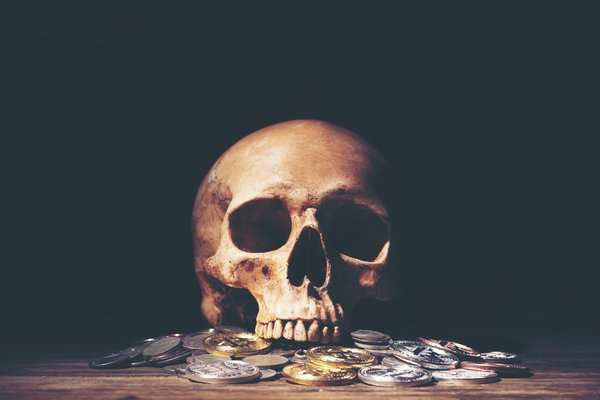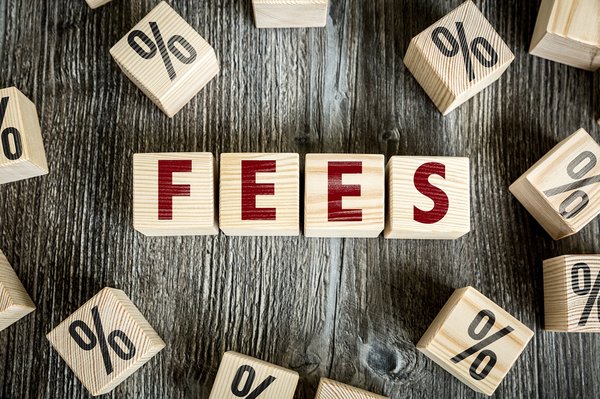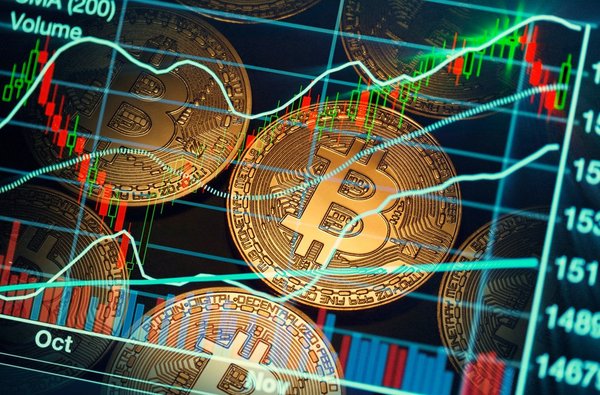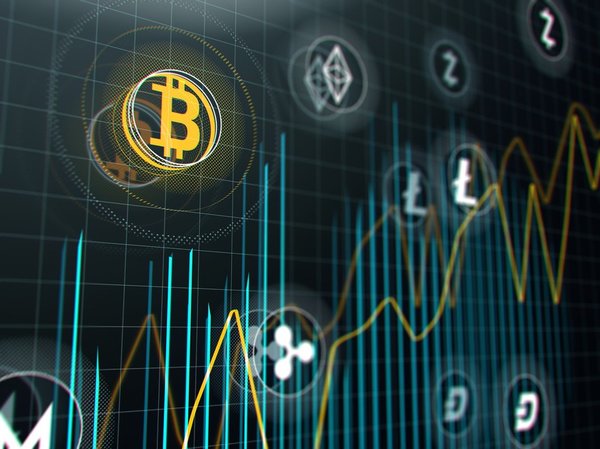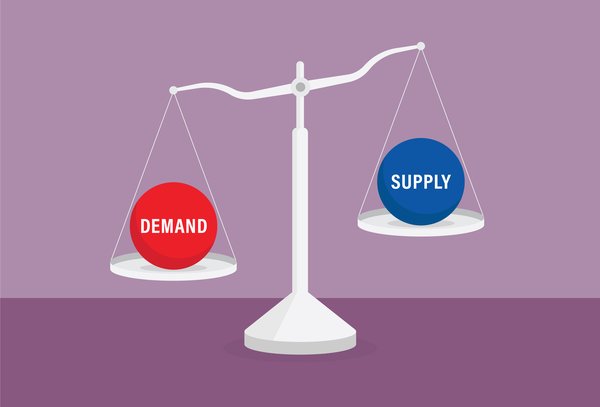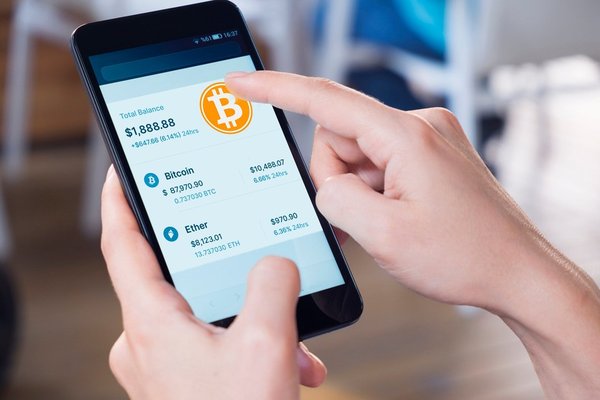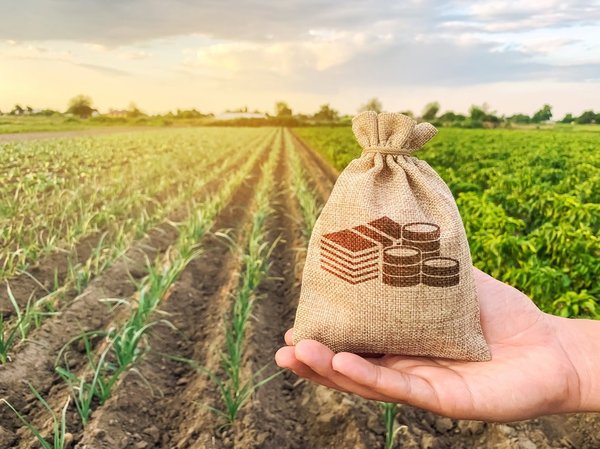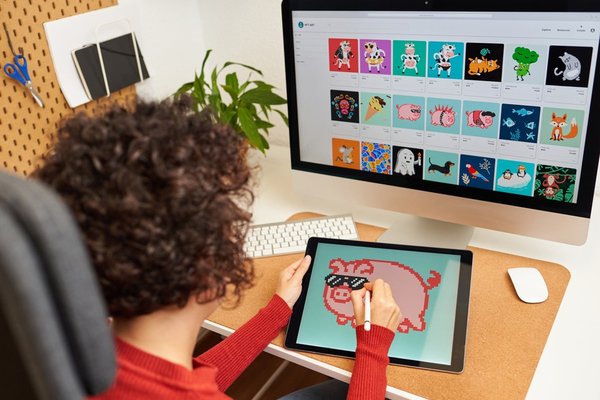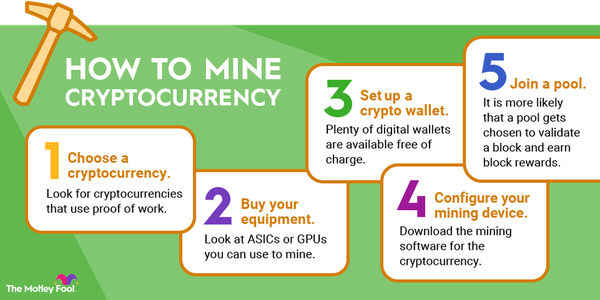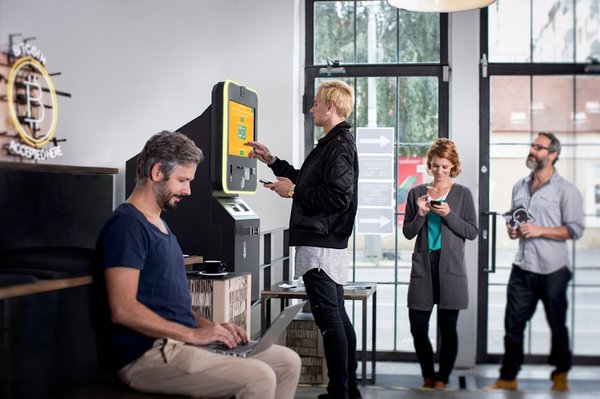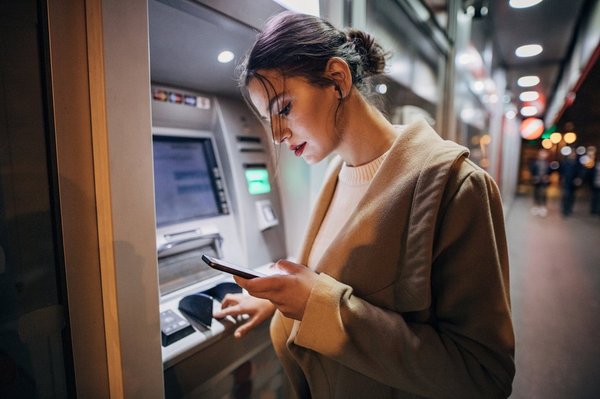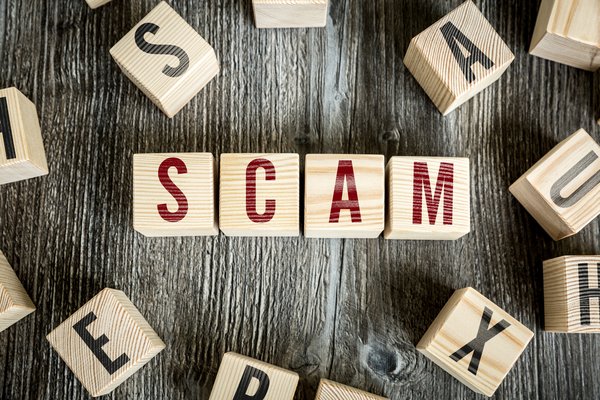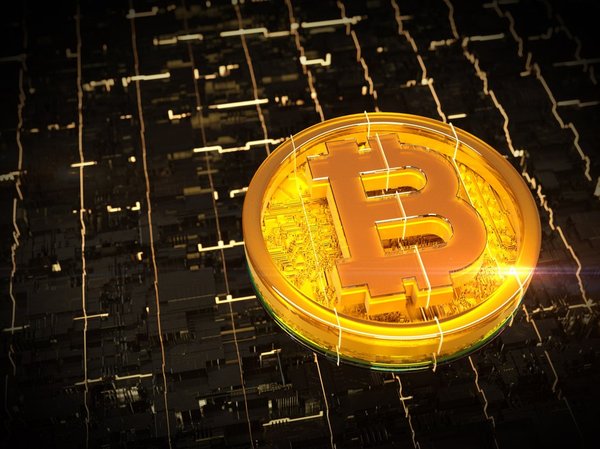BNB (CRYPTO:BNB), previously known as Binance Coin, is a utility token created by Binance, the largest crypto exchange by trading volume. It powers the BNB Chain, a smart contract blockchain network built by Binance that's home to a range of projects. It also plays a variety of roles on the Binance exchange.
As Binance and its blockchain network became more popular, the value of BNB exploded. Investors who bought at the start of 2021 wound up with returns of more than 1,200% by the end of the year. In this BNB guide, we'll cover what it does and whether it's a good investment today.
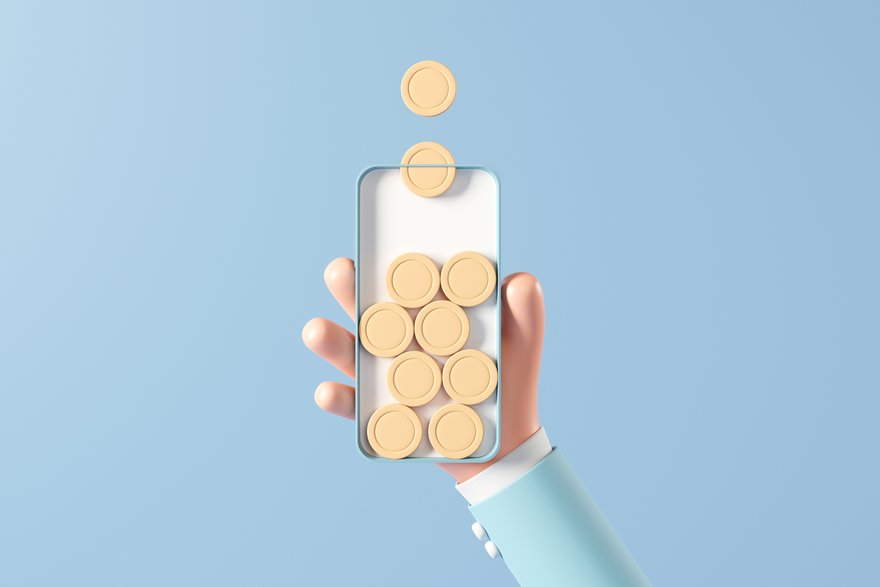
What makes BNB unique?
What sets BNB apart is that it's the official cryptocurrency of the Binance and Binance.US exchanges. It's also the native token of Binance's BNB Chain, a set of two parallel blockchains: BNB Beacon Chain (formerly Binance Beacon Chain) and BNB Smart Chain (formerly known as Binance Smart Chain). Each of these chains serves different purposes.
As a utility token, BNB has quite a few uses, but there are a few that stand out:
- You get trading fee discounts on Binance when you pay in BNB. The discount is 25% on spot trading and margin trading and 10% on futures trading.
- Holding BNB gives you access to exclusive new token sales on the Binance Launch Pad.
- BNB is used to pay transaction fees on the BNB Chain.
- BNB is also used as a community utility token on the BNB Chain ecosystem (for uses that include games and dApps).
Its role on the BNB Smart Chain has been especially important for BNB's growth. The BNB Smart Chain is a programmable blockchain that can run smart contracts. That means developers can use it in many different ways, including creating decentralized apps (dApps), minting and selling non-fungible tokens (NFTs), and building blockchain games.
In 2021, the largest smart contract blockchain, Ethereum (CRYPTO:ETH), was dealing with heavy network congestion. The congestion resulted in slow transactions and expensive gas fees (transaction fees).
On the BNB Smart Chain (which was called the Binance Smart Chain in 2021), transactions have cheap gas fees and process quickly. While Ethereum has remained popular, many developers and users switched so they could pay less in fees. That increased demand for BNB since it's needed to build on and use BNB Smart Chain.
Where BNB came from
The team developing Binance, including founder Changpeng Zhao, launched BNB through an initial coin offering (ICO) that ran from June 26 to July 3, 2017. The starting supply was 200 million BNB tokens at a value of about $0.11 each. Of that amount, 100 million were sold through a public auction, 20 million were dispersed to angel investors, and 80 million were distributed to the founding team.
The ICO raised $15 million in Bitcoin (CRYPTO:BTC) and Ethereum. It put 35% toward upgrading Binance's platform and exchange, 50% for branding and marketing, and 15% in a reserve. The Binance exchange launched on July 14, 2017.
BNB was originally an ERC-20 token built on Ethereum. In April 2019, Binance launched its blockchain, Binance Chain (now called BNB Beacon Chain) with its own BNB as the native token. Holders of ERC-20 BNB tokens were able to swap them for the new BNB tokens at a 1:1 ratio.
How BNB works
BNB is the fuel for the BNB Chain. There are two different blockchains in the BNB Chain, each with its own role:
- BNB Beacon Chain: Previously known as Binance Chain, this handles governance of the BNB Chain, including staking and voting on proposals.
- BNB Smart Chain: Previously known as Binance Smart Chain, this is a smart contract platform that's compatible with Ethereum.
To validate transactions and govern its network, BNB Chain uses a unique consensus mechanism called proof of staked authority. This combines aspects of the popular proof-of-stake system with the less common proof-of-authority system.
BNB Chain's system has 41 validators, with 21 taking turns confirming blocks of transactions. To become a validator, users first need to stake at least 10,000 BNB tokens to become an elected candidate.
Other BNB holders can become delegators and stake their tokens behind an elected candidate. BNB Chain regularly selects 21 elected candidates and makes them validators. These validators also vote in governance decisions on behalf of their delegators.
Validators and their delegators receive block rewards for every block of transactions they validate. Rewards are paid from BNB Chain's transaction fees.
In a significant announcement in February 2022, Binance said BNB would become “more than just Binance." BNB would stand for "Build and Build.” To encourage network and app expansion, they took steps to decentralize network validation and invite community participation.
BNB Chain announced its first ever "hackathon," offering prizes and seed funding for new apps. It also said it would release a new ecosystem-expanding feature called BNB Application Sidechains (BAS), allowing developers to build large applications integrated with BNB Chain but that run on their own blockchain with their own token.
BAS applications will have access to many of BNC Chain's resources, simplifying their development. By integrating new applications on sidechains, they aren’t expected to slow down the BNB Chain. The changes are intended to make BNB Chain expand, scale well, and be ready to onboard "the next billion" users who will migrate to blockchain apps from older Web2 applications.
Connections
The BNB Chain ecosystem is home to more than 1,200 projects. It's especially popular for decentralized finance (DeFi) platforms that provide alternatives to traditional financial services. Here's a selection of some of the major projects built on BNB Chain:
- PancakeSwap (CRYPTO:CAKE), a decentralized crypto exchange
- Venus (CRYPTO:XVS), a lending protocol
- Alpaca Finance (CRYPTO:ALPACA), a yield-farming protocol for earning crypto rewards
- CoinWind (CRYPTO:COW), a digital asset bank
- MOBOX (CRYPTO:MBOX), a platform with gaming NFTs
Can I make passive income with BNB?
You can make passive income with BNB. Because BNB Chain uses cryptocurrency staking for validating transactions and governance, you can earn rewards by staking your BNB tokens.
Most people do this using a crypto wallet that supports BNB staking. One option is Trust Wallet, which is owned by Binance and makes it easy to buy and stake BNB.
Although the United States version of the Binance exchange does not offer BNB staking rewards, Binance users in other countries have BNB staking options.
Unique risks
The biggest problem with BNB is centralization. Technically, BNB Chain is decentralized, but it's still governed by a small group of validators who verify transactions and vote on proposals. The minimum required to be a validator is 10,000 BNB tokens, which would cost millions at the time of this writing.
BNB Chain's system has its benefits such as fast transactions and low gas fees. The downside is that validators have significant power, and being a validator is only an option for those with millions of dollars in cryptocurrency.
Another potential concern is that BNB's success is heavily dependent on the success of Binance, a controversial exchange that has run into regulatory issues in the past. Any issues that affect Binance could also affect BNB.
Related investing topics
Is BNB a good investment?
BNB is definitely a high-risk, high-reward investment. How much investors value it typically depends on how highly they view the Binance exchange and the BNB Chain.
Although BNB is already one of the largest cryptocurrencies, it's easy to see how it could keep growing. The Binance exchange has captured a sizable portion of the crypto market, and the BNB Chain ecosystem is massive. Those are both competitive advantages for BNB.
The counterpoint is that there's also the possibility of Binance and the BNB Chain losing some of their market share. There are more quality crypto exchanges than ever, and they may cut into Binance's user base, especially if it faces more regulatory issues. BNB Chain faces a similar issue since there are quite a few smart contract blockchains it has to compete with.
If you're a fan of Binance, then it's probably worth investing in BNB. You'll be able to stake it to earn passive income, get discounts on your trading fees, and have access to token sales through Binance Launch Pad.
How to buy BNB
As you'd expect, the most popular places to buy BNB are the two Binance exchanges:
While Binance is the default option, it's not available in the U.S., where you need to use Binance.US. Despite its size, most other U.S. exchanges don't offer BNB because it's the cryptocurrency of a major competitor.
BNB rocketed up the charts in 2021 and became the fourth-largest cryptocurrency. If you decide to invest, be prepared for volatility, including weekly price swings. Like any crypto investment, it's best to take a long-term approach and commit to holding any BNB you buy for at least five years.







